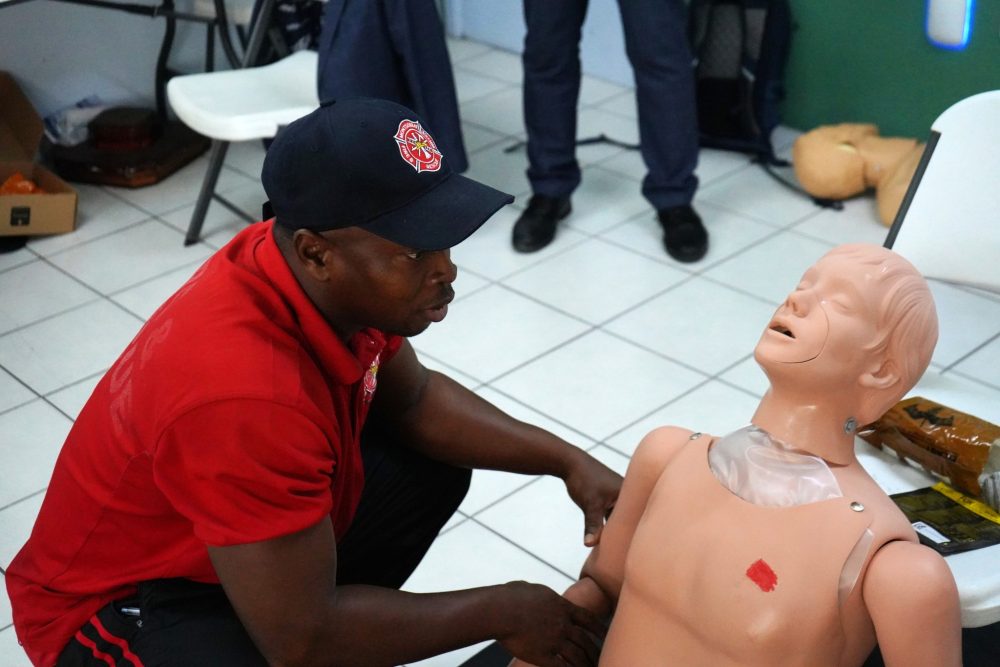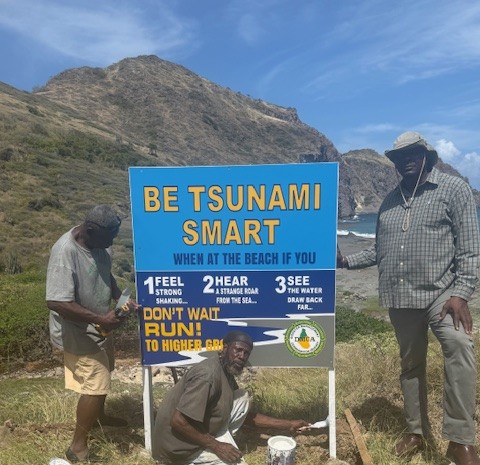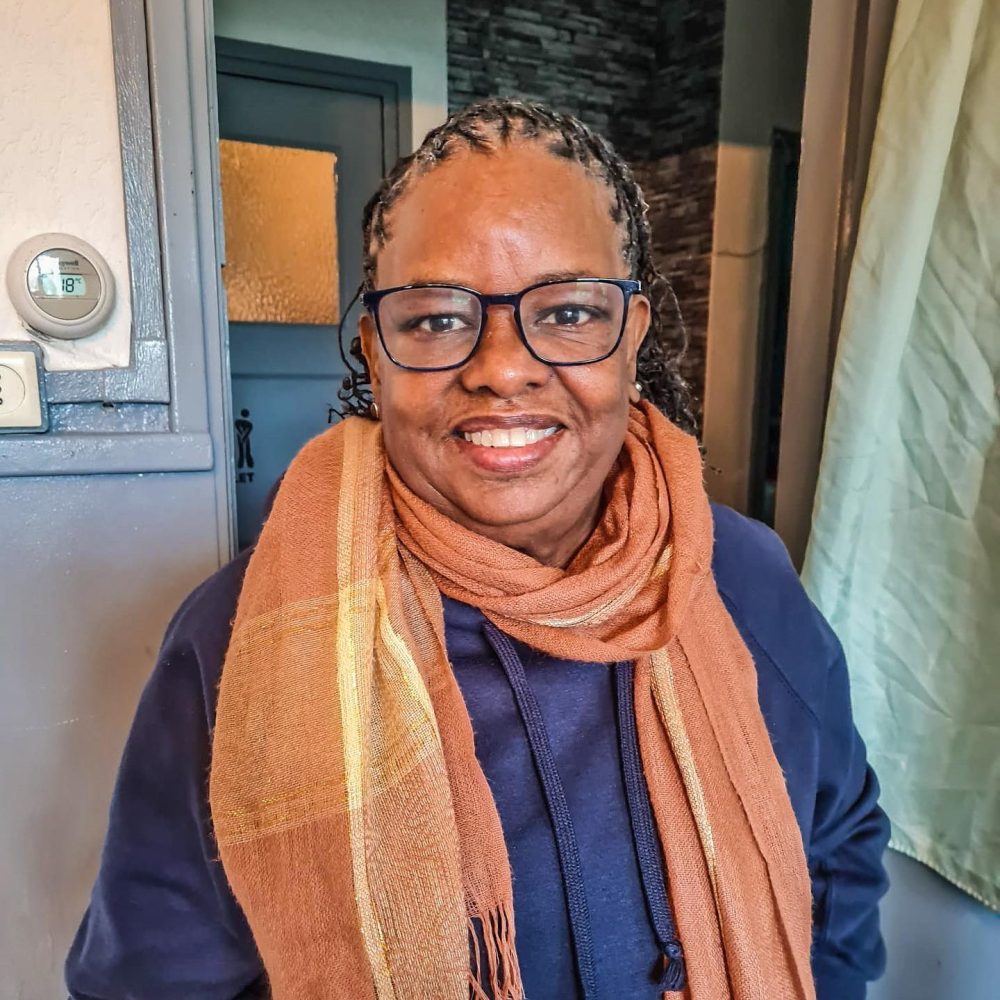
This week, when facing the maelstrom of the COVID-19 pandemic and its impact on our lives, I recalled a book I read some fifteen years ago: How to be Human, though An Economist… by an economist, economic historian and thorough intellectual I have admired since my PhD years, Deirdre McCloskey.
Our concern for development has suddenly broadened in scope, as we face one of the most complicated crises we have gone through in several decades. It is complicated because it is not only an economic crisis, which is one of its manifestations, but rather a crisis that brings together the negative effects of policies that have weakened state capacities, that have failed to address structural inequalities, that have deepened social fractures and have connected the world in ways that make us closer to each other than ever before. The solutions will have to be complex as well. As Partha Dasgupta says in its brilliant exposition in Time and the Generations: “If we are to arrive at satisfactory policies, a suitable accommodation has to be found for the anthropologist’s findings, the demographer’s projections, the economist’s constructions, the environmental scientist’s warnings, and the philosopher’s sensibilities.” But, wasn’t that the way we were supposed to be thinking about development after all? …well, History has provided us with a reality check.
Some aspects make the current situation particularly prone to stress the human side of what we call human development. As we are confined in our homes (with different degrees of isolation), we are reminded of a few things. Physical proximity, which we take for granted, is an essential input for economic activity and for personal fulfillment. No matter how much we can use technology (very effectively as we are doing it), production processes of goods, services, and ideas cannot be sustained for long without physical proximity. Markets are effective, but very imperfectly so, to cope with risks for large groups of population. Certainly, markets work better for that purpose when risks are idiosyncratic, when shocks can be confined to specific populations. A massive, aggregate, shock makes most mechanisms we know ineffective. The social contract (or, as Bob Hockett calls it, “the politically constituted we”) must be based on a collective mechanism to distribute and share risk in ways that makes us more resilient as a group.

Social solidarity has a high individual value in situations like this. Economically and socially, the support to and from others –sometimes just the fact that we know somebody cares—is turning a key aspect in the way we will collectively weather the current storm. A coordinated downsizing of consumption and production might not be as bad as we thought, as we can learn to live with less and realize that nothing fundamentally changes. Inequalities, the heterogeneous capacity to protect ourselves from the shock, can be deadly. Addressing inequality for societies does become an issue of life and death. Walking to the supermarket through empty streets, seeing those who still have to work delivering goods because they cannot afford not to do so, looking at those working at the supermarket, hanging on precarious jobs, as we hoard food and other goods, taking time to sit down and teach mathematics to our kids thinking of those who do not have that luxury or, let us face it, do not have the schooling background to be able to do the same with their kids…constant reminders of how unequal our societies have become. Time for reflection, for solidarity, and for commitment. Every day, let us come up with ways in which we can be on the side of the solution, for us and for others.
Written by: UNDP Regional Director for Latin America and the Caribbean Luis Felipe López-Calva
Discover more from Discover Montserrat
Subscribe to get the latest posts sent to your email.



